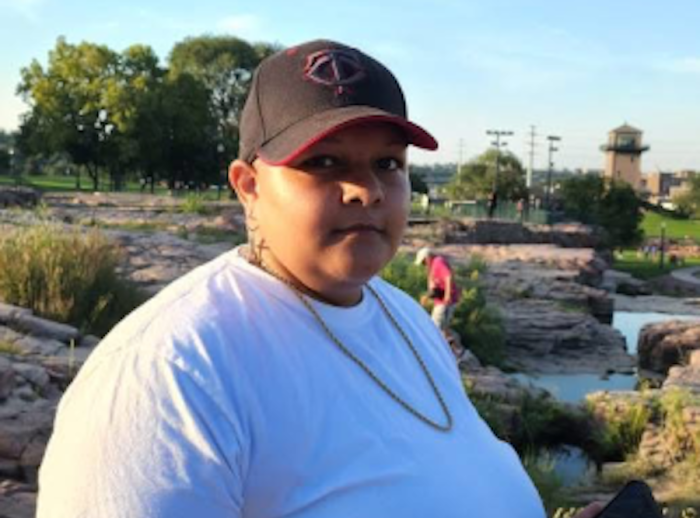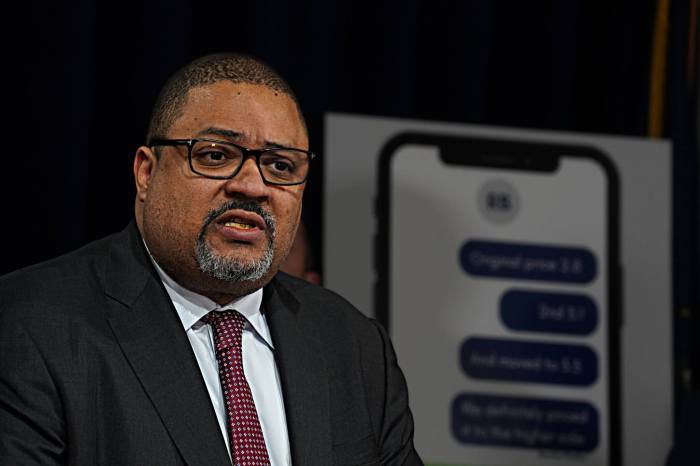In a 222-205 vote on May 16, the US House of Representatives approved a reauthorization of the Violence Against Women Act (VAWA) that stripped out protections for LGBT domestic abuse victims that had been included in the Senate version passed on April 26 in a bipartisan 68-31 vote.
Twenty-two Republicans voted with Democrats against the House measure, and one, Illinois Representative Judy Biggert, who represents a district southwest of Chicago, tried to offer an amendment to restore protections for LGBT crime victims and fund such efforts, but the GOP leadership blocked that attempt.
“Today, House Republicans put partisan politics above the well-being of victims of domestic abuse,” said Joe Solmonese, president of the Human Rights Campaign, in a written release. “It is unfortunate –– though not surprising –– that some lawmakers refuse to acknowledge the basic dignity and respect LGBT domestic violence victims deserve.”
“The Violence Against Women Act passed by the Senate and supported by the White House is a model bill designed to meet the needs of all victims of domestic violence in the country,” Rea Carey, the executive director of the National Gay and Lesbian Task Force, said in a release from her group. “The House version coldly and unnecessarily puts people at risk at a time when they are most vulnerable.”
In introducing the House version of VAWA, GOP Representative Sandy Adams of Florida told thehill.com that her goal was to ensure “that taxpayer resources help victims –– not Washington bureaucrats.” During the Senate fight over the measure, Iowa Republican Chuck Grassley complained that advocates of ensuring that LGBT victims receive assistance “haven’t produced data that shelters have refused to provide services for these reasons.”
Sharon Stapel, executive director of the New York City Anti-Violence Project (AVP), told Gay City News last month that Grassley had earlier been given reports from the National Coalition of Anti-Violence Programs (NCAVP) showing the struggles that LGBT victims have accessing domestic violence services, including court orders of protection.
According to HRC’s release, the Senate version of VAWA “addresses the fundamental problems LGBT domestic abuse victims face: they are often turned away from service providers, laughed at by law enforcement, and struggle to get protective orders from judges. Unfortunately, this often leaves few options except to return to their abuser.”
The Senate measure forbids any program or activity funded under VAWA from discriminating on the basis of actual or perceived sexual orientation or gender identity.
Stapel noted that 10 to 15 of the 38 LGBTQ-focused groups that make up the NCAVP receive VAWA funding. In the AVP’s case, between 10 and 15 percent of its $3 million budget is funded under the law.
Vice President Joe Biden issued a statement in the wake of the VAWA vote stating, “The House has passed a version of the Violence Against Women Act that will roll back critical provisions to help victims of abuse. I urge Congress to come together to pass a bipartisan measure that protects all victims. VAWA has been improved each time it’s been reauthorized, and this time should be no different. ”
In a Statement of Administration Policy issued the day before the House action, the White House noted that the version the GOP leadership was pushing would roll back existing protections for a wide range of communities including LGBT, Native American, college student, and immigrant domestic violence victims.
The House version, unlike that adopted by the Senate, fails to expand the number of visas available to immigrant crime victims so they can stay in the US for up to four years while cooperating with law enforcement.
The National Latina Institute for Reproductive Health issued a statement saying, “When VAWA was first passed in 1994 with strong bipartisan support, Congress recognized that undocumented immigrants experiencing intimate partner violence face unique challenges in accessing justice. Abusers exploit their victims’ noncitizen status, leaving them afraid to report abuse. Historically, VAWA has included protections for battered immigrants; H.R. 4970 eliminates these critical protections.”


































